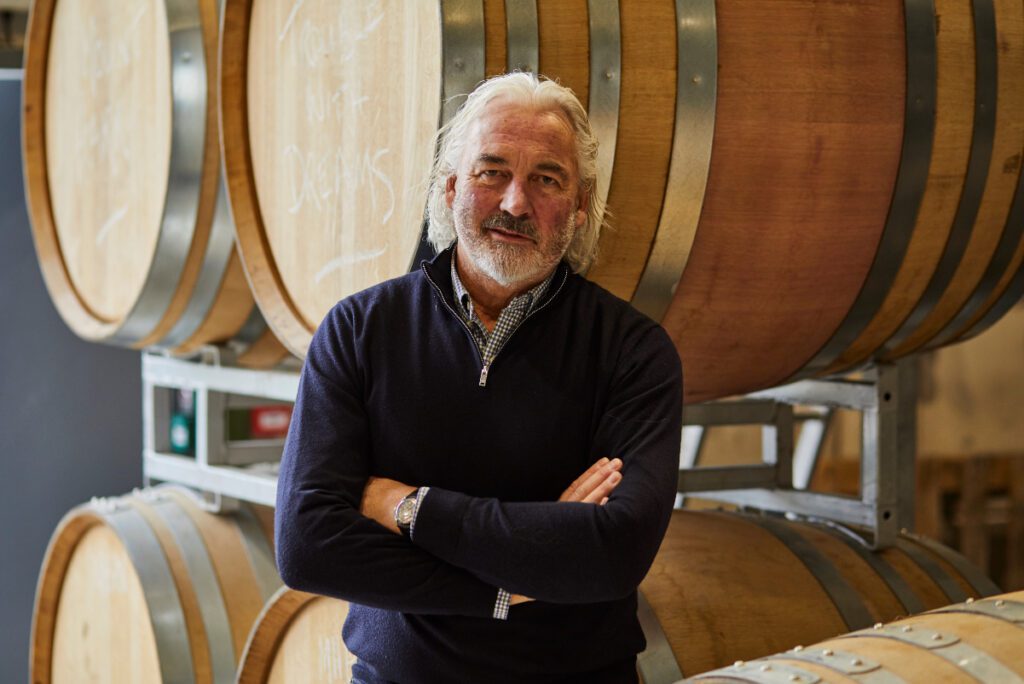In 1990, as general manager of a traditional five-star country house hotel in Britain, Robin Hutson found himself enforcing dress codes and rules he no longer believed in. While London’s dining scene was being revolutionized by casual gastropubs, the countryside’s 1990’s high-end inns remained stuck in a time warp of jacket requirements and child-free zones.
Two decades and several ventures later, Hutson would upend Britain’s rural hospitality scene with The Pig — a brand that redefined country house hotels by stripping away pretension while maintaining boutique standards. His financial backer was Sir Jim Ratcliffe, the billionaire boss of a chemicals company.
The Pig’s formula — gourmet, locavore restaurants with rooms — proved so popular over 14 years that it has grown to 9 boutique hotels in historic buildings with about a few dozen rooms each.
In 2022, private equity firm KSL Capital Partners acquired the entire share capital of The Pig’s parent company, Home Grown Hotels, for an unpublicized sum.

Betting on “Quiet Luxury”
Last month, Hutson, 68, stepped down as chairman, and his wife Judy left her role as creative director. Skift spoke with Robin Hutson in an “exit interview” to learn about why The Pig has thrived.
For every Noma that achieves multi-decade success, scores of brands, especially food-themed ones, collapse after a short time.
According to financial filings, in 2023, the first full year under KSL’s control, The Pig generated an EBITDA of £4.7 million, which was 9% of revenue (£49.9 million, or about $62 million).
That performance suggests promising financial underpinnings to a business model that illustrates a Skift 2025 Megatrend: “The Soft Power of Quiet Luxury.” There’s a rising customer segment that wants rare, intimate experiences and local storytelling rather than gold-plated bathrooms and other blingy signs of luxury.
An Emphasis on Local
The brand’s origin story reads like a case study in spotting overlooked market opportunities. While evaluating properties in the England’s New Forest region, Hutson discovered a struggling hotel with an abandoned kitchen garden.
That neglected patch of earth sparked an idea: What if the garden became the centerpiece of the entire operation?
This “kitchen garden first” approach evolved into a 25-mile sourcing rule for ingredients, with each property’s menu built around what can be grown on-site or sourced locally.
The concept has proven so integral to the brand that Hutson’s eldest son today oversees the planting schedules for all nine properties’ gardens across three growing seasons.
Suppliers are chosen wherever possible based on their environmental and community impacts, and their stories are told to guests as part of the broader brand narrative.
The Talent Factor
But The Pig’s success isn’t just about food sourcing. Hutson chalks it up to sourcing talent and perfecting company culture, achieving operational consistency in the little details,
“People think this is some sort of property game,” Hutson said of the hospitality industry. “It’s not a property game. “Money is not the problem, either. We can find the money for a good concept. The real problem is people. This is a people game.”
In an industry plagued by staff turnover, particularly post-pandemic, the company has achieved remarkable stability: Approximately 25% of its 1,000 employees have been with the business for five years or more. Hutson attributes this to a promotion-from-within culture and hands-on leadership approach.

The Pig’s Next Phase
Hutson’s attention to detail helped The Pig benefit from a post-pandemic UK staycation boom. In 2022, its hotels hit a lifetime high average occupancy of 91%.
However, in 2023, inflation crimped spending in the UK, and the brand had to adapt its strategy as occupancy softened to an average of 82% while inflation drove up costs, especially for utilities.
The Pig is now increasing its work with travel agents, who historically have only contributed about 15% of its reservations, to attract a broader and more international customer base.
In the long-term, Hutson thinks the path for The Pig’s evolution is clear: stick to the brand’s core principles while growing deliberately.
“There’s a great case for sticking to your knitting,” he says.
Small Charm at Scale?
When private equity buys a brand, it usually signals a plan to scale aggressively. So it’s unsurprising that KSL has been hiring in The Pig’s head office to prepare for future growth. The key will be maintaining the small-scale magic.
“We’re definitely not splitting atoms in this business,” Hutson said. “It’s not super complicated, but it’s nuanced and layered, and it’s a million details. Many others try their hand at this but underestimate the challenges.”
Now that Hutson and his wife have left day-to-day operations, the brand faces a common luxury hospitality challenge: maintaining its soul while scaling up.
“No hotel ever opened without me having slept in every bed, sat at every table, and tried every course,” Hutson said.

